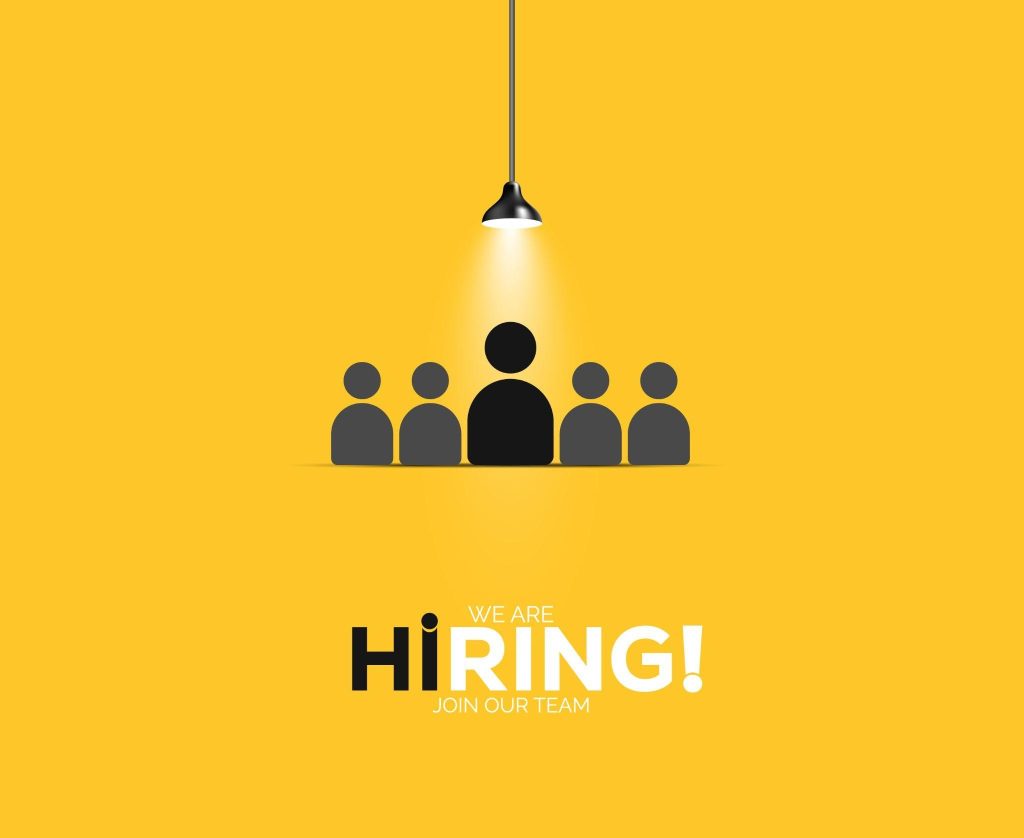There’s something almost romantic about the founder who does it all. The image is well-worn: black hoodie, exhausted eyes, laptop open at 2:47 a.m., one tab for code, one for Stripe, one for Google Forms pretending to be a CRM. No budget for headcount, so the founder becomes HR. Then they become burned out.
Somewhere between closing pre-seed and prepping Series A, the realization creeps in: hiring is a job. A real one. Not a vibe. Not a charisma test. Not a gut feeling. A task with stages, risks, timing, and consequences. It’s the one function founders hold onto the longest. It’s also the one they’re most consistently bad at.
The False Urgency of Founder-Led Hiring
Many founders overestimate their ability to choose the right people based on gut instinct. But as Harvard Business Review points out, an inability to delegate—especially around hiring—is one of the most common reasons startups stall or fail altogether.
The founder interview loop is a kind of ritual. The founder meets the candidate. The founder decides. The founder feels something. They call it instinct. What they mean is bias. Or exhaustion. Or the misplaced belief that if you built the company, you know what’s best for it.
You don’t. Not always.
Early hiring mistakes don’t show up right away. They look like onboarding friction, a “culture mismatch,” or a ghosted second week. Eventually, they start to eat timelines. And then budgets. And then morale.
By the time the founder admits they need help, it’s usually because the damage is already visible. The burn rate is higher than expected. One person is quietly doing the work of four. The CTO is onboarding junior devs between code pushes. The next sprint is stalled because no one scoped the role correctly in the first place.
When Control Becomes the Bottleneck
It’s hard to admit that you’re not good at something that feels like it should be easy. Interviewing. Choosing. Reading a résumé. But that’s the trap.
Founders confuse delegation with weakness. They believe that letting go of hiring means letting go of culture. They tell themselves they’re preserving “standards.” But what they’re really doing is hoarding control. And in a company that needs to grow, control without infrastructure is just friction.
The solution is painfully obvious: let someone else do it. But not just anyone.
Building a Talent System, Not Just Filling Seats
Modern hiring isn’t about plugging gaps. It’s about forecasting. Timing. Architecture. You don’t just need someone for the open role now. You need to understand what happens when that person leaves in 12 months. Or if the company doubles headcount. Or if you hire the wrong person and it takes six months to correct.
That’s why more early-stage companies are abandoning the founder-led approach entirely. Not because they don’t care, but because they care too much to keep pretending they’re good at it.
Instead, they’re turning to dedicated hiring systems. Sometimes that means internal people ops teams. Sometimes it means external recruiters. And increasingly, it means regional talent partners who actually understand the hiring landscape on a functional level.
In places like Toronto, fast-scaling startups often rely on Toronto technology hiring solutions to do more than just scan LinkedIn. These firms structure hiring. They read job markets like data sets. They understand how to balance what a company wants with what the talent pool will tolerate.
You don’t get that from a founder with 27 browser tabs open.
The Founder’s Blind Spot Is Always People
Most founders over-index on product and underinvest in people. They know how to build a thing. They don’t always know how to build a team. That’s not a personality flaw; it’s statistical probability. The vast majority of startups that fail don’t crumble because the code was bad.
They fall apart because the wrong people were hired, or the right people were mismanaged. Harvard Business Review outlines this clearly, naming misaligned teams, poor hiring, and bad partner dynamics as root causes in the majority of startup collapses.
The Founder’s Real Job Isn’t Hiring
Founders are not HR. They shouldn’t be. Their job is vision, execution, and not running out of money. Their job is convincing the world that the thing they built is worth something.
If that vision is good enough to fund, it’s good enough to hand off.
Hiring isn’t a founder superpower. It’s not even a rite of passage. It’s a liability when done poorly. And doing it poorly is often what happens when the same person who’s raising capital is also trying to write job descriptions while onboarding their first sales hire.
The smartest founders are starting to step aside. Not because they’re overwhelmed, but because they’re self-aware. They know that scale requires infrastructure. And that means knowing when the founder instinct isn’t leadership. It’s noise.
This Isn’t About Letting Go. It’s About Moving Forward.
You’re not giving up control when you stop leading every hire. You’re creating a system that doesn’t need you to function. That’s the difference between a company and a project. One scales. The other dies when the founder gets tired.
So let the professionals do what they do. And get back to doing what only you can.


